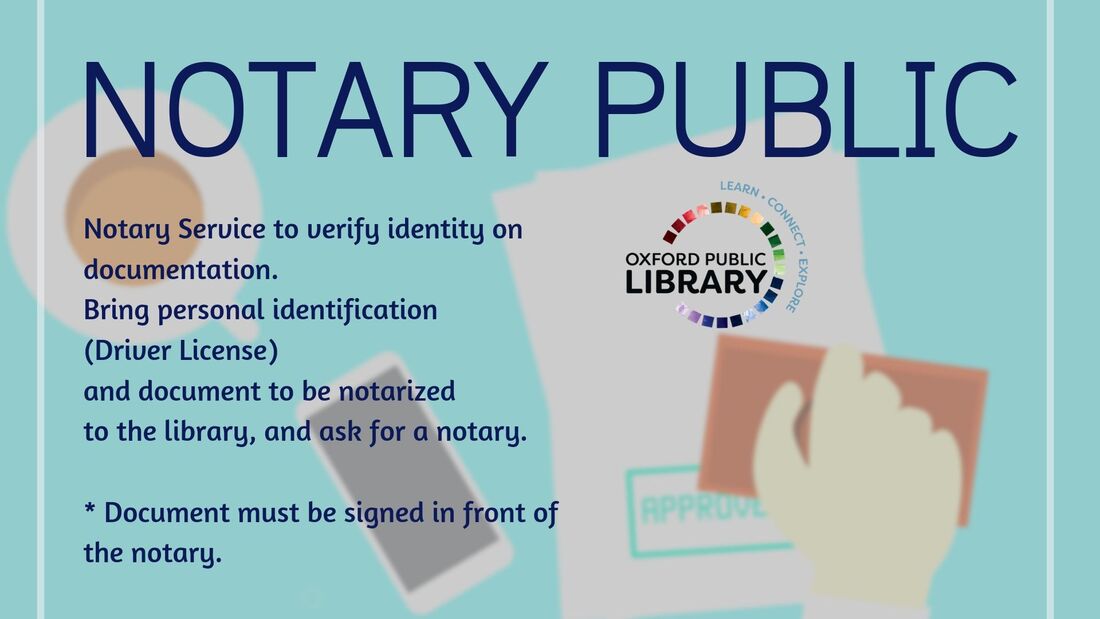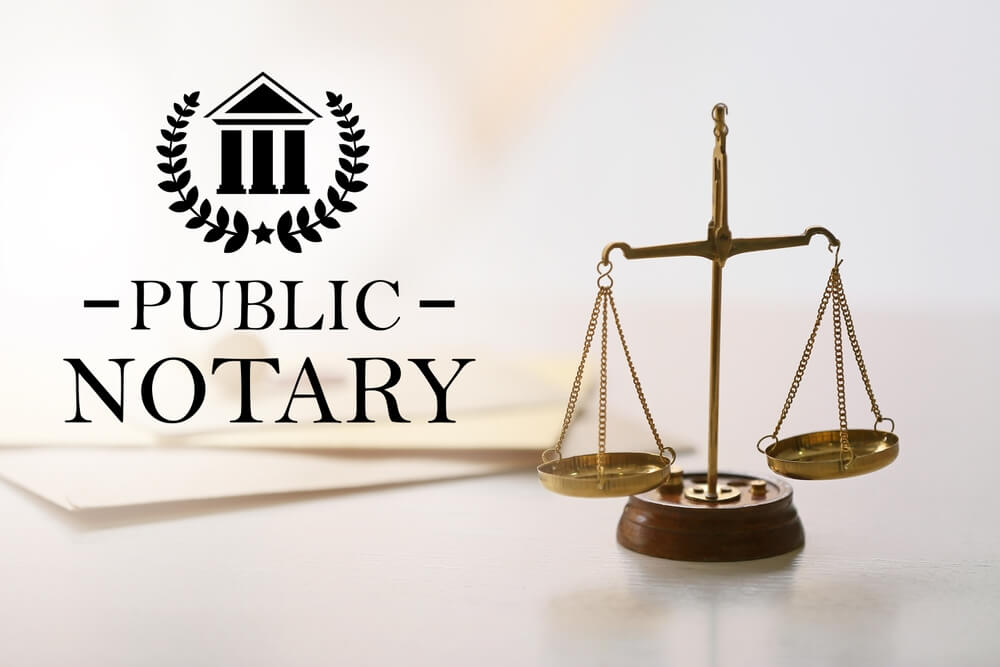Knowledgeable Conveyancer: Facilitating Smooth Real Estate Transactions
Knowledgeable Conveyancer: Facilitating Smooth Real Estate Transactions
Blog Article
Debunking Notarial Work: Streamlining the Role and Significance of Notaries
In the detailed web of legal paperwork and confirmation, notaries stand as pillars of assurance and authenticity. Their duty, frequently shrouded in mystery for numerous, brings considerable weight in making certain the validity and honesty of essential papers. As guardians of legitimacy and reality, notaries play a pivotal part in our society, yet their work is not always fully understood. By unwinding the complexities shedding and surrounding notarial practices light on the significance of their acts, a clearer understanding emerges of the important role notaries play in upholding the textile of lawful and legal agreements.
The Background of Notarial Job
The history of notarial work dates back to ancient human beings, where scribes played an essential function in tape-recording important details and confirming papers. This led to the advancement of notaries, individuals appointed by the state to act as unbiased witnesses in lawful matters.
Throughout the Middle Ages, notaries got prominence in Europe, with their functions expanding to consist of composing legal documents, accrediting signatures, and protecting documents. The increase of worldwide trade additionally emphasized the value of notarial operate in verifying contracts and agreements across boundaries.
In the modern age, notaries continue to play an essential function in lawful and business deals by verifying identifications, confirming the authenticity of files, and avoiding fraudulence. Their role in accrediting the credibility of agreements adds a layer of safety and trust fund to the ever-evolving landscape of commerce and legislation.

Responsibilities and Duties of Notaries
The historical evolution of notarial job from ancient worlds to the contemporary period has shaped the distinctive tasks and responsibilities that notaries support in lawful and organization transactions today. Notaries play an essential role in confirming the credibility of files and the identity of signatories. Among their main responsibilities is to witness the signing of crucial files, such as agreements, wills, and deeds, to ensure that all parties are becoming part of arrangements knowingly and willingly. Notaries also confirm that signatories are of audio mind and not under pressure or coercion.
They certify copies of initial files, providing assurance to institutions that the duplicates are true replicas of the originals. On the whole, the responsibilities and responsibilities of notaries are necessary in safeguarding the honesty and legality of different documents and purchases - Deceased Estate.
Notarial Certificates and Signatures
Exhibiting precise interest to information, notarial certifications and trademarks function as crucial elements in confirming the authenticity of lawful records. Notarial certificates generally include crucial info such as the day of registration, the names of the signatories, a summary of the paper, and the notary's official seal. These certificates supply a clear document of the notarial act, making sure that the record can be easily recognized and mapped back to the notary that managed the process.
Signatures play a pivotal function in notarial work, as they indicate the agreement and approval of the parties involved. Notaries very carefully witness the finalizing of records to verify the identification of the notaries and verify look at this now that they are signing of their own free choice. By fastening their main seal and trademark to the record, notaries certify that the necessary treatments have actually been followed which the document is legitimate and enforceable.
Essentially, notarial certifications and signatures are the hallmark of credibility in lawful transactions, supplying assurance to all parties included that the records are legit and binding.
Importance of Notarial Acts

Registration Refine Discussed
Explaining the registration process supplies clarity on the important steps included in validating legal records. The registration procedure typically starts with the private offering the document to a notary public. The notary after that confirms the endorser's identity through appropriate recognition methods. Once the identity is confirmed, the notary makes sure that the individual signing the paper does so willingly click to read and with no threat.

Verdict

Notarial certifications commonly have critical information such as the date of notarization, the names of the notaries, a description of the paper, and the notary's official seal. These certifications provide a clear record of the notarial act, making certain that the document can be conveniently determined and traced back to the notary that supervised the procedure.
By affixing their official seal and signature to the document, notaries certify that the required procedures have been complied with and that the file is legitimate and enforceable.
By verifying the identification of the notaries, validating their determination to get in into the contract, and accrediting the date and location of the finalizing, notaries play a crucial function in supporting the validity of legal files.After the document is signed, the notary will affix their main seal or stamp onto the record.
Report this page